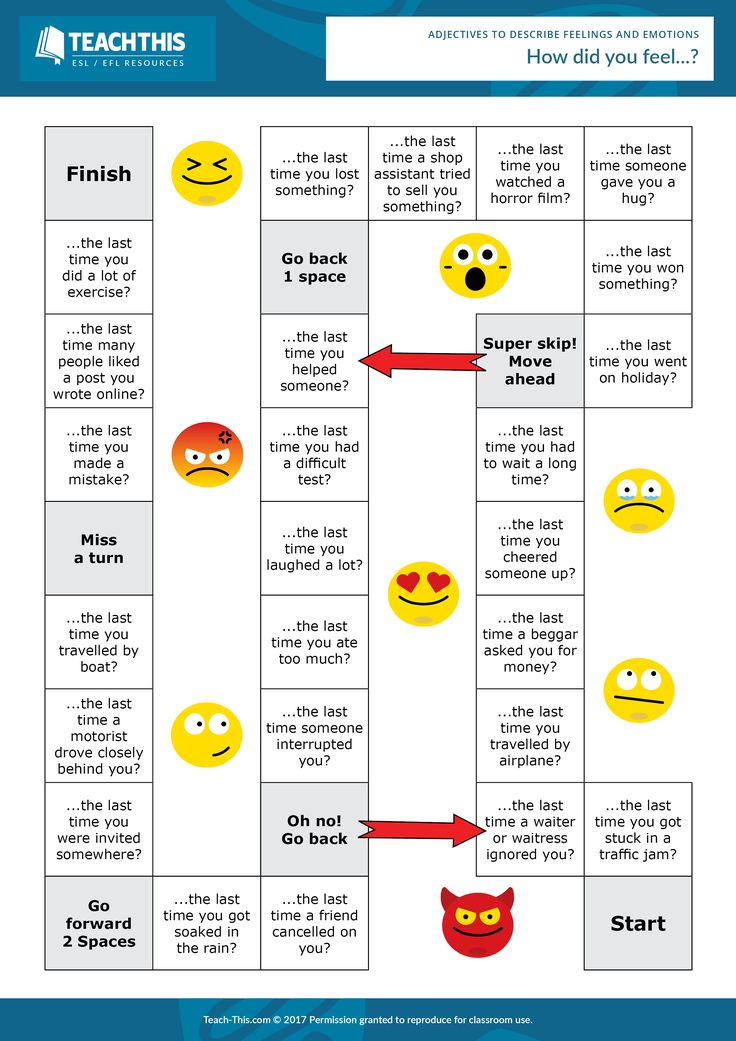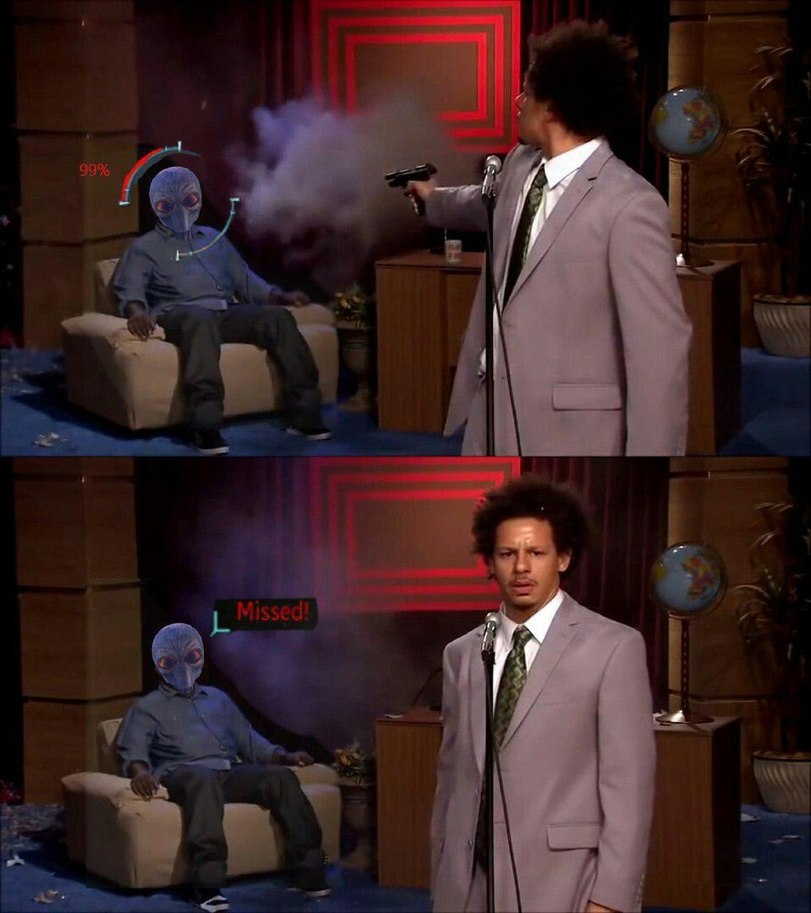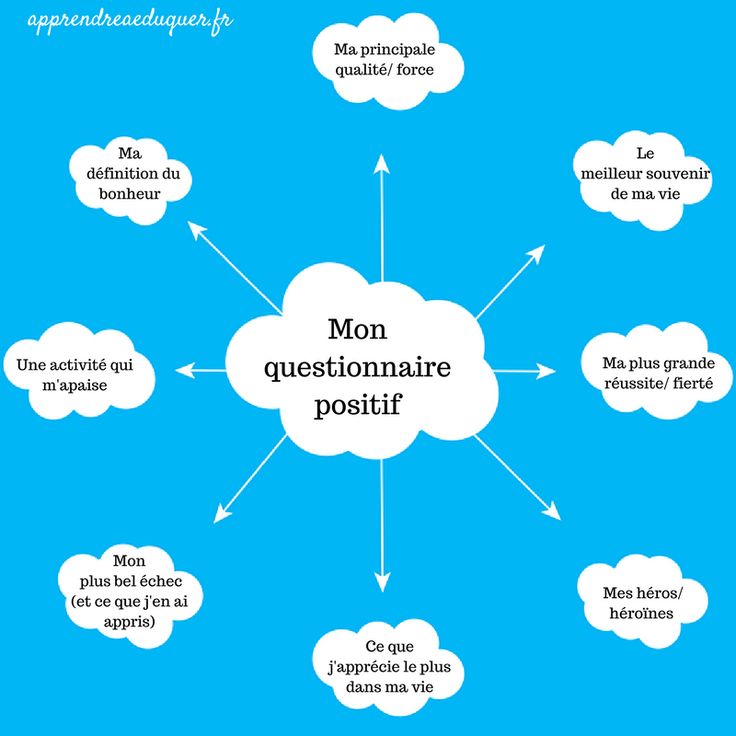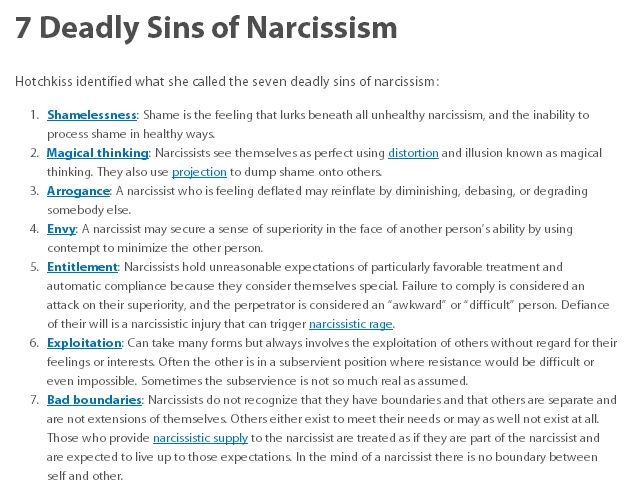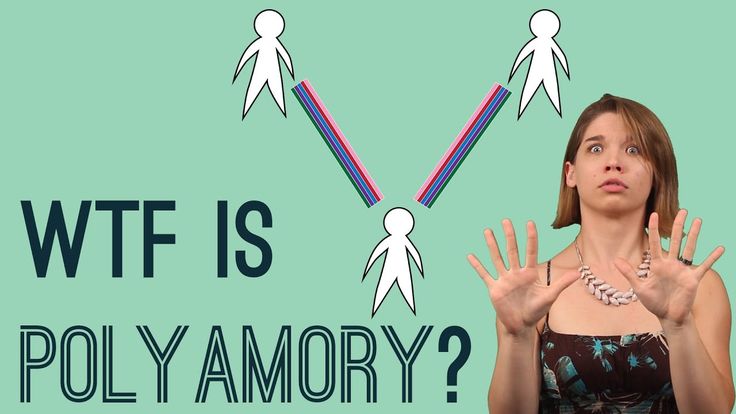Counseling for people with disabilities
Working with Clients With Disabilities
Introduction
When we, as a profession, consider ways to advance psychotherapy, we must begin by striving for nothing less than fair, accessible, and clinically competent services for all populations—especially those who have historically been underserved and underrepresented. One such population that is frequently overlooked and underappreciated on a global realm are persons with disabilities (PWD), who form the largest minority in the country (United States Department of Labor, 2017). In the United States alone, the Centers for Disease Control and Prevention (2019) reported that there are more than 61 million adults with a registered disability. The authors defined the term “disability” as a physical and or mental limitation that impacts one or more major life activities. This statistic equates to one in four U.S. adults, or 26% of our nation’s adult population (CDC, 2019).
The American Psychological Association’s Guidelines for Assessment of and Intervention With Persons With Disabilities (2012) described the lack of training psychologists receive as it pertains to disability. This is concerning in and of itself given the considerable amount of individuals living with disabilities. Limited training available in serving clients with disabilities further hinders the profession’s ability to advance. For our profession and psychotherapy as a whole to progress and provide the culturally responsive services to which our clients are entitled, the profession and clinicians must engage in a conversation about disability education, concerns, rights, and areas of advocacy.
Societal Messages
From a young age, children with disabilities hear they are different in various settings (i.e., school, doctors, society). Many professionals continue to operate from the medical model, which emphasizes “fixing” what is considered broken. This can imply that if something cannot be fixed, the person is “broken.” These environmental messages experienced by children with disabilities establish their worldview of themselves and others (Chapel, 2005). Environmental messages do not seize in childhood; they continue throughout the lifespan into adulthood with more complexities as the PWD experiences the world around them.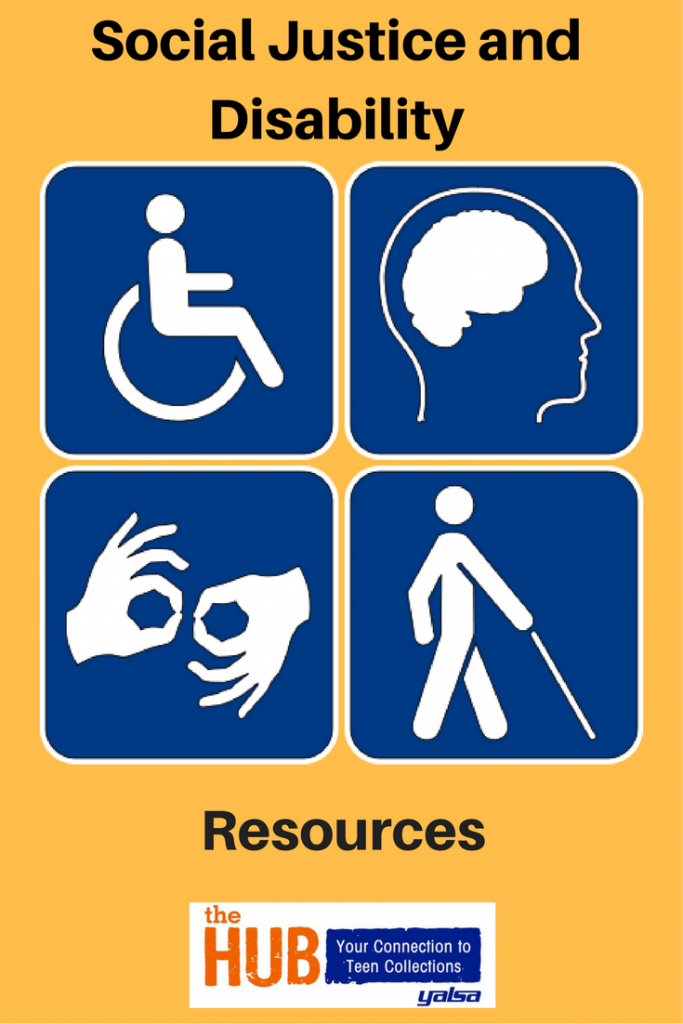
PWD deal with challenges and issues within their families, environment, and society. Depending on the family’s understanding of disability and the various identities held, those negative messages can be perpetuated and further oppress the PWD’s abilities and strengths. Families often have a negative understanding of disability based on the information they receive from professionals, which can also be influenced by cultural beliefs. Depending on the limitations of the PWD, families may assume the individual to be incapable. Due to these experiences, an understanding of how to work with clients with disabilities and the systems they navigate is vital to addressing concerns while providing culturally responsive care (Tapia-Fuselier & Ray, 2019). Providing sensitive care begins with understanding the barriers faced by PWD.
Environmental Barriers
The CDC (2019) describes different types of environmental barriers that exist, thus placing greater hardships on PWDs. These include:
- Attitudinal barriers (such as the use of stereotypes, stigma, discrimination)
- Communication barriers (such as means of communication that are inaccessible to PWD)
- Physical barriers (such as those that hinder mobility)
- Policy barriers (lack of familiarity or not adhering to enacted laws and regulations)
- Programmatic barriers (such as difficulties with the provision of healthcare services and programming)
- Social barriers (such as unequal employment rates and a lessened likelihood of graduating high school)
- Transportation barriers (often due to inaccessibility; CDC, 2019).
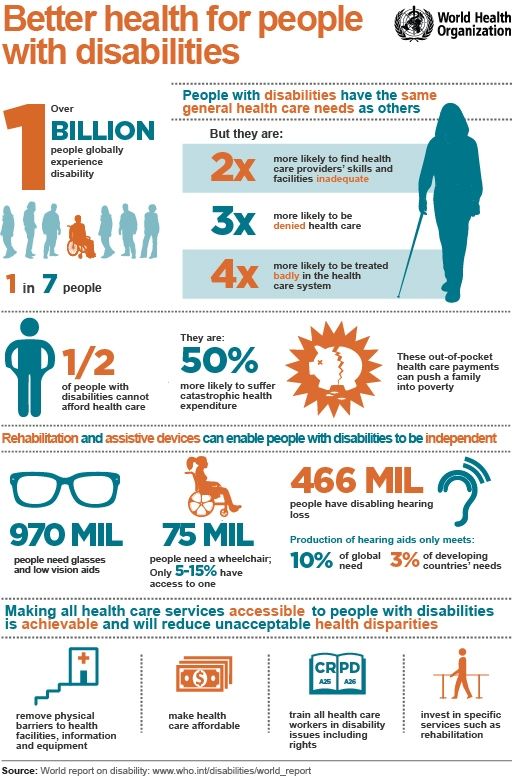
Wright (1983) provided that the gravity of one’s limitations can be amplified or reduced based on environmental conditions and that we cannot accurately consider concerns pertaining to coping and adjusting to one’s disability without first acknowledging the specific problem(s) within a social and physical environment. While clinicians without disabilities will not be able to truly understand the magnitude of barriers and their effects on persons with a disability, we must empathize and stay with clients in the process of maneuvering through various systems and encourage change on a communal level (Marini et al., 2018).
Psychosocial Attitudes
While perceptions and beliefs about disabilities vary depending on one’s location and country of origin, there are a plethora of reasons as to why disability-based stigma continues to exist across the globe. Values, beliefs, family members, places of worship, education systems, and the media can influence attitudes (Joe & Miller, 1987). In addition, outside factors such as perceptions of physical attractiveness, competencies and abilities, and communication skills can influence us (Gresham, 1982; Longo & Ashmore, 1995; Yuker, 1988).
In addition, outside factors such as perceptions of physical attractiveness, competencies and abilities, and communication skills can influence us (Gresham, 1982; Longo & Ashmore, 1995; Yuker, 1988).
We may perceive an increase in comfort to those who are most similar to us based on age, ethnicity, educational attainment, and socioeconomic status (Gosse & Sheppard, 1979; McGuire, 1969; Rabkin, 1972; Sue & Sue, 1999). Such factors, along with previously held beliefs, can influence one’s perception and attitudes toward other individuals—especially those with disabilities.
Rohwerder (2018) found that disability stigma can often be attributed to misunderstandings and lack of familiarity with causes and types of disabilities, misperceptions about the abilities of persons with disabilities (e.g., not being able to contribute financially or engage in intimacy), and both proposed and enacted policies that do not support persons with disabilities. For example, historically, of the disability categories, persons with physical disabilities have been found to be least stigmatized, followed by individuals with cognitive disabilities, individuals with intellectual disabilities, and individuals with mental illnesses (Antonak, 1980; Charlton, 1998; Tringo, 1970).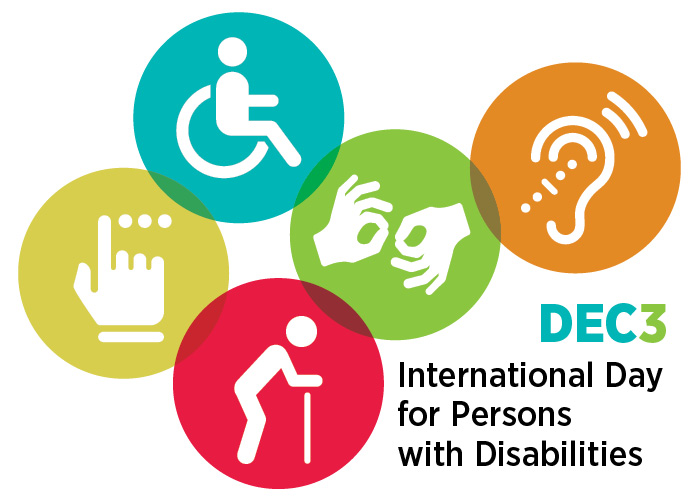 While invisible disabilities are becoming more accepted by society through mental health advocacy efforts, they continue to remain highly stigmatized due to misperceptions about invisible disabilities and what they entail. Many of the negative attitudes toward disability can ultimately be attributed to lack of contact and positive exposure to persons with disabilities, as well as a lack of knowledge base and education about disabilities.
While invisible disabilities are becoming more accepted by society through mental health advocacy efforts, they continue to remain highly stigmatized due to misperceptions about invisible disabilities and what they entail. Many of the negative attitudes toward disability can ultimately be attributed to lack of contact and positive exposure to persons with disabilities, as well as a lack of knowledge base and education about disabilities.
While Olkin (1999) explained that a first impression, appearance, and the severity of one's disability could, in fact, influence attitudes, initial negative attitudes lessen upon familiarity with the individual and an understanding that disability is but one trait. Increasing contact, familiarity, and accurate learning opportunities about disabilities (that are not based on media portrayals) can, and have, been shown to result in more positive attitudes toward PWDs and disabilities as a whole.
Internalized Biases
Before exploring the ways to improve serving PWD in psychotherapy, we must address internalized biases about PWD. Take a moment to consider the meaning placed on the word “disability.” Often, people create an image in their mind of what they see when they read the term “disability.” The image that appears may be representative of what society depicts as someone with a disability or based on personal experience. Examining the thoughts and feelings that we associate with the image are important to further work through biases about PWD.
Take a moment to consider the meaning placed on the word “disability.” Often, people create an image in their mind of what they see when they read the term “disability.” The image that appears may be representative of what society depicts as someone with a disability or based on personal experience. Examining the thoughts and feelings that we associate with the image are important to further work through biases about PWD.
Individuals without disabilities tend to concentrate on what they perceive to be adverse aspects of having a disability (Smart, 2009). If not checked, can influence clinicians’ work with clients and their families (Hartley, 2012). Therefore, therapists must strive to increase knowledge and competencies when working with the disability community.
Exploring self as the therapist is essential to address necessary conversations with clients with disabilities regarding their disability and intersecting identities. If internalized biases are not explored or addressed, clients with disabilities may encounter difficult experiences with a therapist, which could further oppress their disability identity. By working through misconceptions of PWD, therapists have more internal resources to inquire and manage aspects of the client’s life that may be difficult or uncomfortable to discuss (i.e., sex, relationships, barriers, life plan, etc.). Applying the information presented will lead to more thoughtful and responsive care for PWD.
By working through misconceptions of PWD, therapists have more internal resources to inquire and manage aspects of the client’s life that may be difficult or uncomfortable to discuss (i.e., sex, relationships, barriers, life plan, etc.). Applying the information presented will lead to more thoughtful and responsive care for PWD.
Recommendations
- The use of expressive arts provides an opportunity to bridge PWD’s experience with a disability.
- Participate in psychology-focused and interdisciplinary-based training focused on serving clients with disabilities.
- Update the intake paperwork process to be more accessible (i.e., online platform, large print, simple language, etc.).
- Ensure there is access to the clinic entrance, waiting room, and therapy room (signs, movable furniture, adjustable lighting) for mobility aids.
- Provide referrals and resources for axillary services to reduce healthcare barriers.
- Have access to interpreters (in-person or video relay), translation services for linguistically diverse and Deaf/deaf or hard of hearing clients.

- Consider cultural perspectives from family/partner(s) toward PWD disability.
- Apply an intersectionality framework when working with this population as all aspects of identity, including disability status, need to be considered.
- Identify ways to engage in advocacy (through legislative votes, conversations about accessibility, etc.).
- Utilize the APA’s Guidelines For Assessment of and Intervention With Persons With Disabilities and ARCA Disability-Related Counseling Competencies to ensure culturally responsive care.
Conclusion
Marini and Stebnicki (2018) described the extensive literature regarding the impact perceived adverse conditions can have on an individual, which is why clinicians must be willing to address social justice concerns hindering client development and growth within various realms of their lives. It is not enough for therapists to help clients adjust to living in a non-disabled world, as our work will then be left “unfinished or incomplete” (Marini & Stebnicki, 2018).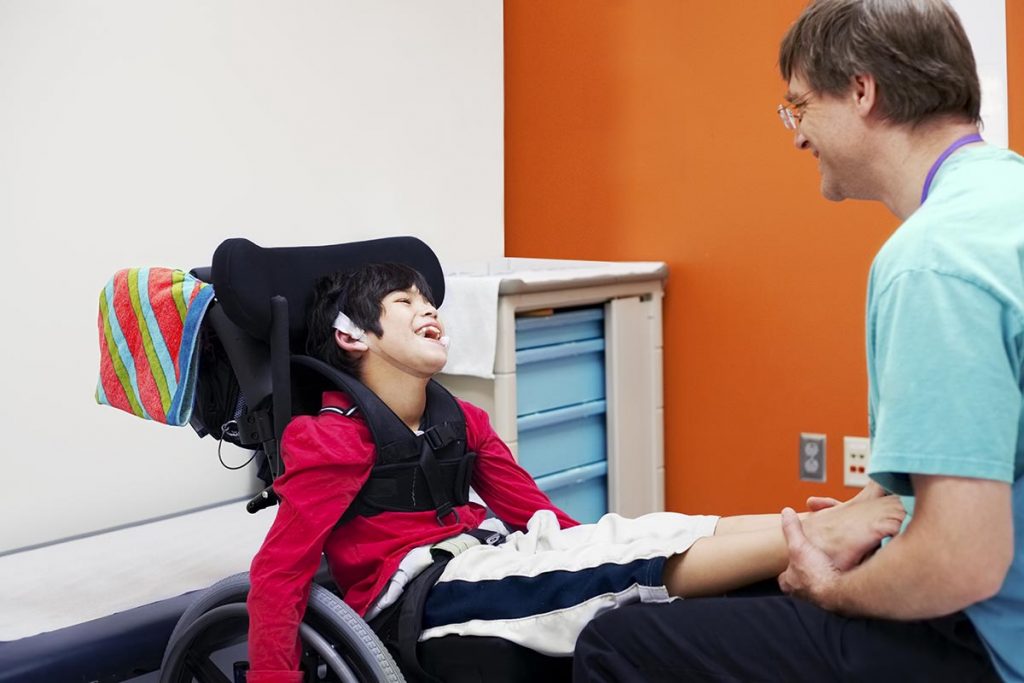 As our profession continues to serve marginalized and underserved populations, such as persons with disabilities, increased education, training, and advocacy must remain at the forefront of our work.
As our profession continues to serve marginalized and underserved populations, such as persons with disabilities, increased education, training, and advocacy must remain at the forefront of our work.
+29
-2
Disability Counseling Institute
Providing hope and support during difficult life transitions.
The Disability Counseling Institute is dedicated to providing competent counseling for those living with a physical disability as well as their family members. Through therapy we assist people in the adjustment to disability, and help them learn to accept and thrive.
Working with people with disabilities is a specialized field that requires specific education and training. In order to meet the needs of the growing disability community, we provide training to professionals on disability competent counseling and adjustment to disability through courses, individual and group training, consultation, and supervision, we also educate therapists and other professionals on the fundamentals of working with and providing services to individuals with disabilities to promote awareness.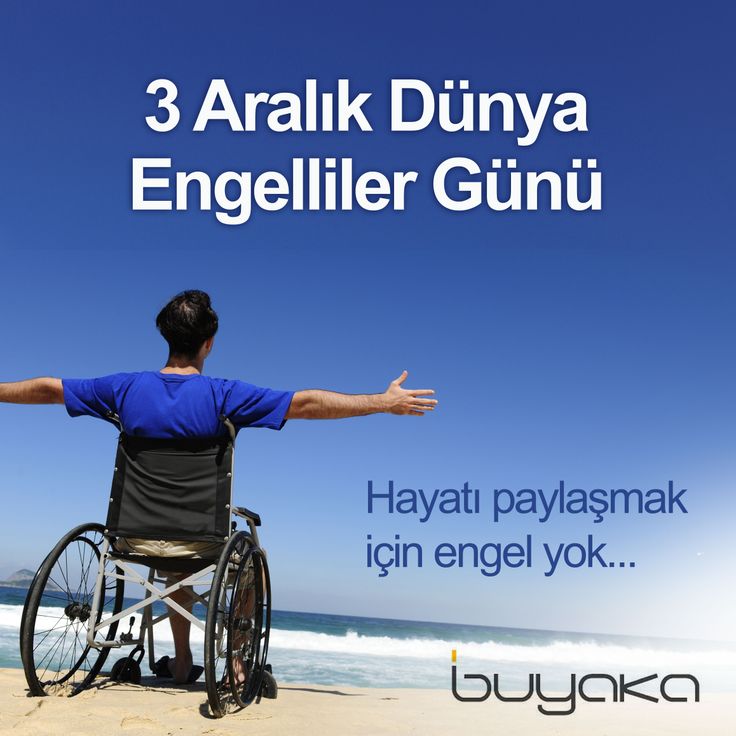
Contact Us
Nora, Indianapolis
[email protected]
(317) 688-7097
Adjustment Counseling
You don’t have to do it alone. When you experience something as life altering as acquiring a disability, there are significant challenges during the transition. However, these challenges don’t have to be permanent. You can choose to not let one aspect of who you are define you.
Training & Courses
Training for therapists, social workers, nurses, case managers, support staff, and other helping professionals can be provided individually or in groups. In addition, online courses will be available for independent study.
Consultation
We work with individuals, organizations, and government offices to educate and advise on disability related topics and best practices. This includes cultural competence, accessibility of websites and documents, and adapting services to meet the needs of those with disabilities.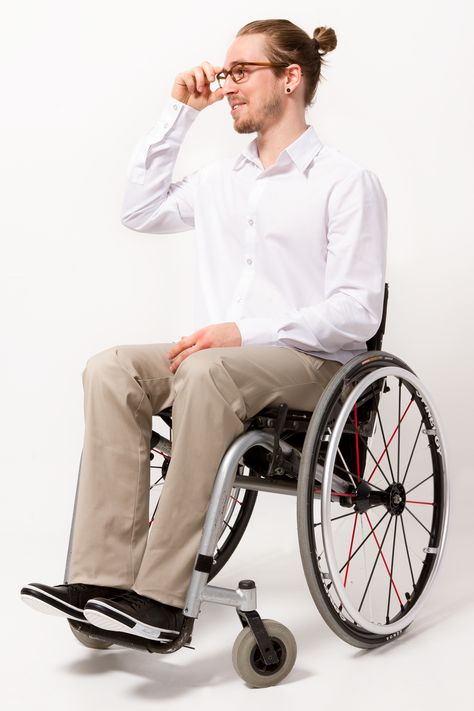
Visual Impairment/Blindness
Spinal Cord Injury
Traumatic Brain Injury (TBI)
Acquired Brain Injury
Multiple Sclerosis (MS)
Chronic Illness
Epilepsy
Cerebral Palsy
Compassion Fatigue
Adjustment/Acceptance
Cystic Fibrosis
Celiac Disease
Introduction to Disability Inclusive Practice and ADA Compliance for Therapists
A guidebook for ensuring that you are giving people with disabilities equal access to services.
As mental health professionals, we all want to be inclusive and serve our clients to the best of our ability. Have you ever stopped to consider whether your practice is disability inclusive? As a counselor, social worker, psychologist, or other professional, disability inclusion is not only about being an ally to an under served population; it’s also about being in compliance with federal laws.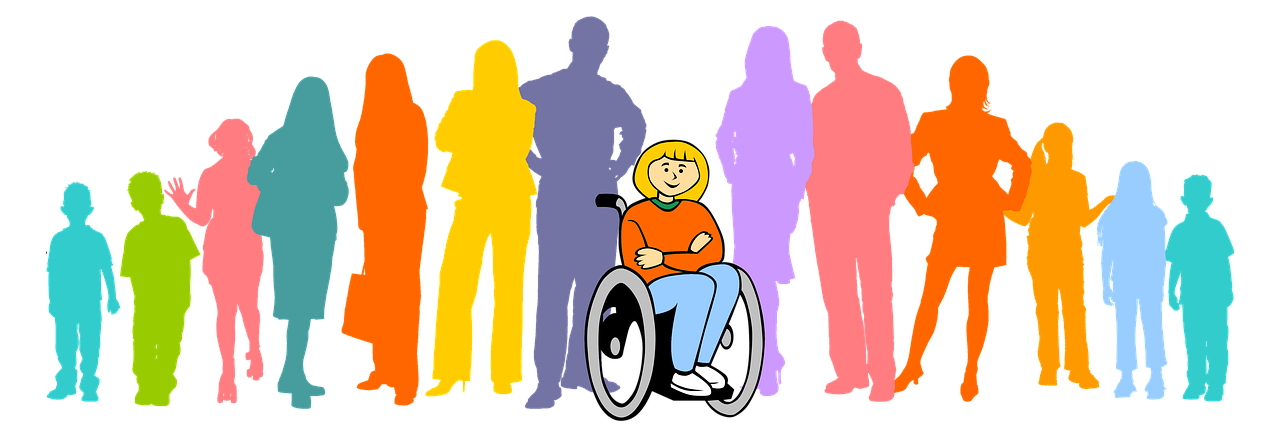
Sign up to get the free ADA Compliance Guide
Integration of psychological assistance in the process of rehabilitation of people with disabilities //Psychological newspaper
Article of the nominees of the National psychological competition "Golden Psyche" following the results of 2014:
The topic of rehabilitation and socialization of people with disabilities has not lost its relevance for many years. More often we are faced with that part of rehabilitation that is associated with medical support - exercise therapy, physical therapy, massage, the use of medicines, spa treatment. In recent years, more and more often the rehabilitation process takes place in the synthesis of cooperation between medical personnel and psychologists. At the same time, each side performs invaluable and irreplaceable work aimed at a positive, long-term, high result, which sometimes the patient, due to the weakening of the body and due to the accompanying problems of a personal and psycho-emotional nature, is not able to expect and foresee.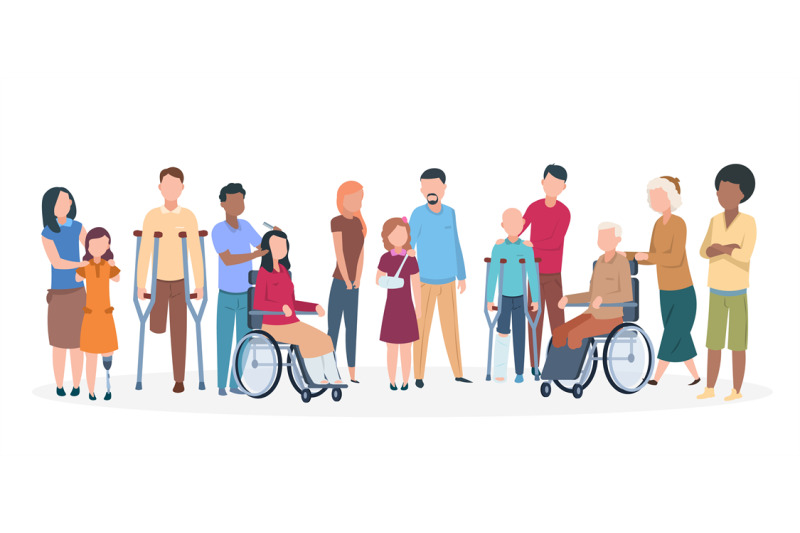
Based on the work of medical staff, the psychologist, connecting to the psychological support of persons with disabilities, contributes through daily monitoring of the mood of clients, conducting individual conversations, consultations, as well as psychological training, by teaching clients methods and techniques of self-support and self-healing.
Getting to know the client, building a trusting contact with him, the psychologist almost perfectly, based not only on tasks and final results, but also on the principle of "do no harm", begins his work. This process is not easy, rather long and requires not only professionalism from the psychologist, but also physical strength and mental costs, in order not to miss the slightest changes, in order to pick up the client’s mood necessary for work in time and carry out common work with him in the direction of his recovery. .
Every day, looking for different methods, selecting options for work, the psychologist performs his role, relying on an individual approach to each patient. Acquaintance and conversation smoothly move into the mainstream of building a hypothesis about the origin of the problems, and then - into the correction of the psycho-emotional and physical state, subsequently - into consolidating the achieved result, by preparing the client for independent work on himself. Further, the psychologist necessarily exercises invisible control over the condition of patients in order to support in time in case of failure.
Acquaintance and conversation smoothly move into the mainstream of building a hypothesis about the origin of the problems, and then - into the correction of the psycho-emotional and physical state, subsequently - into consolidating the achieved result, by preparing the client for independent work on himself. Further, the psychologist necessarily exercises invisible control over the condition of patients in order to support in time in case of failure.
The experience of working at the Center shows how effective this approach to work is and gives positive results.
The program of psychological support for people with disabilities is innovative. Its novelty and specificity lies in the use of a complex selection of various techniques borrowed from various psychological areas and their synthesis in order to achieve the most positive effect in a short period of time in one rehabilitation cycle. In the correctional process of the work of psychologists, not only classical methods are used. Non-standard, extraordinary ways of solving a problem often turn out to be effective, which makes it possible to find an approach to various categories of clients, taking into account their worldviews and positions, a motley range of individual, local pictures of the world, individual adaptations to interact with their own defect, and more often with its phantom, which persists even after effective surgical, medical or physiotherapeutic treatment. This allows in a short time to solve the tasks assigned to the psychologist as much as possible.
Non-standard, extraordinary ways of solving a problem often turn out to be effective, which makes it possible to find an approach to various categories of clients, taking into account their worldviews and positions, a motley range of individual, local pictures of the world, individual adaptations to interact with their own defect, and more often with its phantom, which persists even after effective surgical, medical or physiotherapeutic treatment. This allows in a short time to solve the tasks assigned to the psychologist as much as possible.
The program of psychological support in a rehabilitation center is based on the basic postulates of a holistic approach, which is due to the tendency of mutual complementation. The holistic approach (Z. Freud, K. Jung, A. Adler, K. Horney, J. Moreno, K. Rogers) allows you to combine elements of various methods of work: music therapy, film therapy, psychodrama, aromatherapy, art therapy, fairy tale therapy, bodily oriented therapy and more.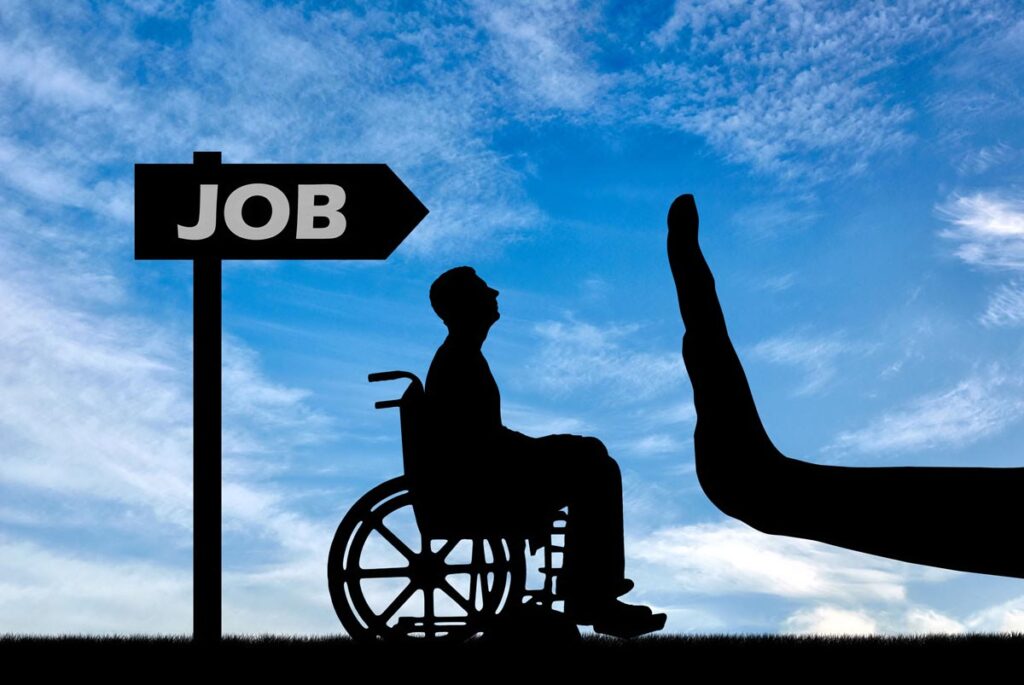 etc. into a single process, which contributes to the comprehensive, holistic development of the individual.
etc. into a single process, which contributes to the comprehensive, holistic development of the individual.
Work experience shows that only the use of an integrative approach, the synthesis of various forms of activity allows you to get a quick, effective result of psychological correction. The inclusive nature of the correctional process allows people with different forms of disabilities to easily interact with each other. After completing a rehabilitation course, people with disabilities show positive dynamics: the circle of social contacts expands, the nature of interaction improves, the level of self-confidence increases, new goals are formed, the emotional-volitional sphere is harmonized, a desire for self-realization appears, new opportunities and prospects open up. development.
Criteria for evaluating the effectiveness of the program: for a three-week rehabilitation course, there is an improvement in the general well-being of the group members, a change in personal life and professional career, a weakening or complete disappearance of psychosomatic symptoms, an increase in the level of energy charge, which is manifested in an increase in working capacity and concentration of attention when achieving goals , the quality of life improves, the number of possible behavioral choices increases, a subjective sense of stability appears, interpersonal relationships improve.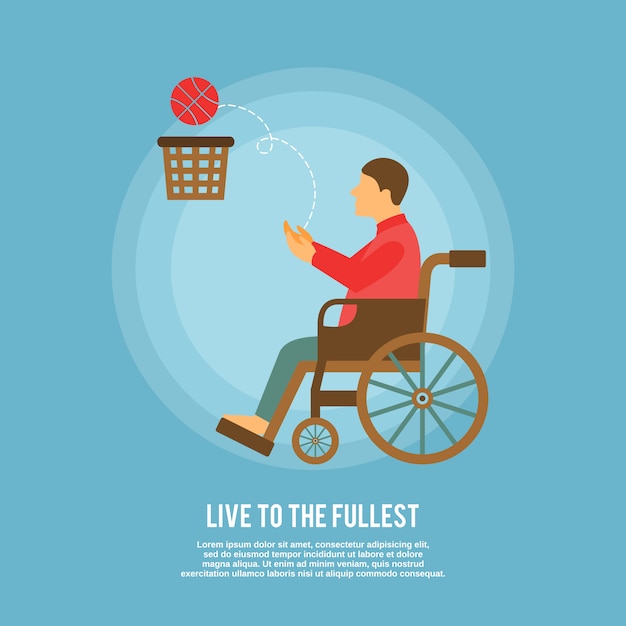 In order to distinguish subjectively significant client results from objectively observed improvements, monitoring is carried out at the beginning and end of the cycle.
In order to distinguish subjectively significant client results from objectively observed improvements, monitoring is carried out at the beginning and end of the cycle.
The main areas of psychological support for persons with disabilities are: psychological diagnostics and personality examination, socio-psychological counseling, socio-psychological training, psychological assistance, psychological correction, career guidance, post-rehabilitation support, psychological support for employees. Working methods may vary depending on the requirements of the situation.
The program reflects the most relevant topics, includes a wide range of psychological tools that can be easily synthesized for a specific task for each group anew, and is equipped with a methodology that allows them to be restructured into an individual set for various categories of citizens, in the conditions of work of various social institutions.
This program can become the basis of rehabilitation for people of different age groups, social status, physical abilities, interests and abilities. Approbation of the program has shown its comfort in application, the possibility of simultaneously including people with different nosologies in the working group, a high level of efficiency in a short period of time, which makes it possible to integrate it into the practical work of various psychological services - rehabilitation centers, sanatoriums, dispensaries, educational institutions.
Approbation of the program has shown its comfort in application, the possibility of simultaneously including people with different nosologies in the working group, a high level of efficiency in a short period of time, which makes it possible to integrate it into the practical work of various psychological services - rehabilitation centers, sanatoriums, dispensaries, educational institutions.
Zorina E.A., Polzunova I.A. - psychologists of the Center for Training and Rehabilitation of the Disabled, nominees for the National Psychological Competition "Golden Psyche" in 2014.
A collection of the conference "Psychological assistance to socially vulnerable persons using remote technologies (Internet counseling and distance learning)" has been released | FDO MGPPU
A collection of the conference "Psychological assistance to socially vulnerable persons using remote technologies" (Internet counseling and distance learning) »
Psychological assistance to socially unprotected persons using distance technologies (Internet consulting and distance learning) : Materials of the Current-scientific and practical conference, Moscow, October 28–30, 2015 2015 2015 2015, 2015 2015, 2015 / ed.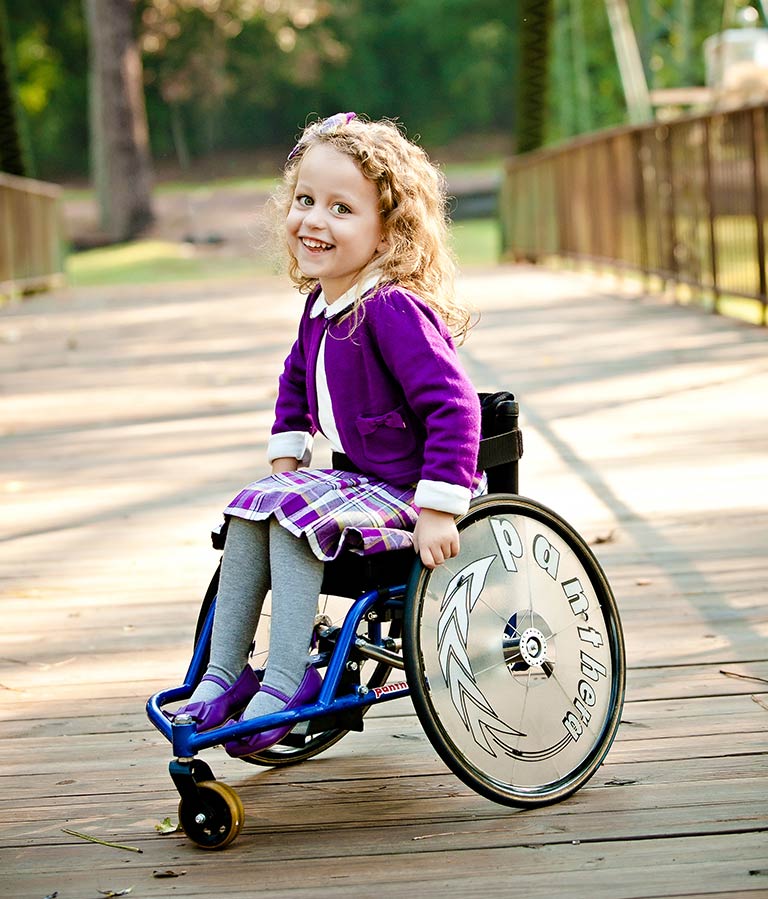 B.B. Aismontas, V.Yu. Menovshchikov. – M.: MGPPU, 2015. – 296 p.
B.B. Aismontas, V.Yu. Menovshchikov. – M.: MGPPU, 2015. – 296 p.
ISBN : 978-5-94051-107-60057 The collection contains abstracts and articles of the participants of the V International Scientific and Practical Conference "Psychological assistance to socially vulnerable persons using remote technologies (Internet counseling and distance learning)". The conference took place on 29–31 October 2015 at the Moscow City Psychological and Pedagogical University.
The authors of the materials of the collection are scientists, practicing psychologists, teachers working in higher and secondary educational institutions, psychological and social services, graduate students and students of psychology departments. Particular attention is paid to the practical issues of using remote technologies to help socially unprotected categories of the population, including people with disabilities. It also considers adaptive capabilities, features of overcoming behavior and experiencing the loss of health by people with various nosologies. The articles contain international experience of psychological assistance, counseling, continuous education of persons with disabilities in the system of inclusive and distance learning.
The articles contain international experience of psychological assistance, counseling, continuous education of persons with disabilities in the system of inclusive and distance learning.
The collection is addressed to practicing psychologists, psychotherapists, social workers, teachers providing remote counseling and training for people with disabilities.
The collection of materials and abstracts of the conference was published with the financial support of the Russian Humanitarian Foundation under the grant agreement No. education)".
Information about the conference
On October 29–31, 2015, the Moscow City Psychological and Pedagogical University hosted the V International Scientific and Practical Conference "Psychological assistance to socially vulnerable persons using remote technologies (Internet counseling and distance learning) ".
The conference was prepared by the Faculty of Distance Learning of the Moscow State University of Psychology and Education and the Federation of Psychologists-Consultants Online with the support of the Department of Education of the City of Moscow and with the participation of the Moscow Service for Psychological Assistance to the Population.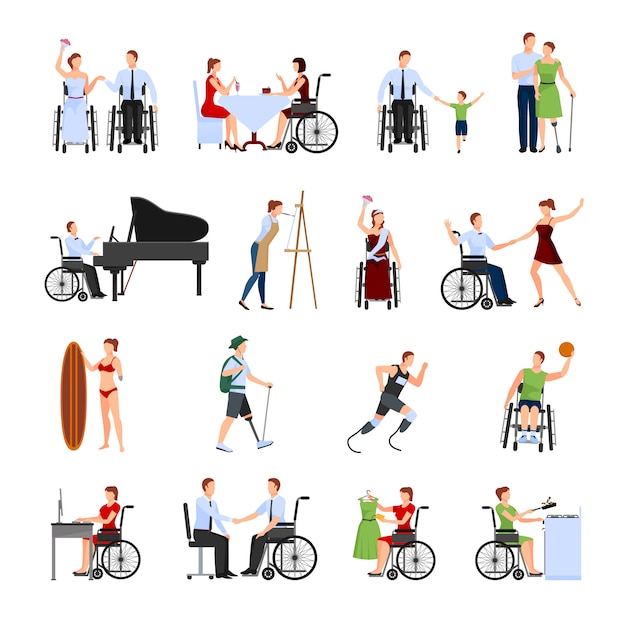
The main purpose of the conference is to discuss problems, to share new theoretical developments and practical experience in organizing psychological assistance to socially unprotected categories of the population. As well as the analysis and development of recommendations for the training, adaptation, socialization of people with disabilities, including the use of modern remote technologies (telephone and Internet counseling).
Various master classes, round tables, including international ones with the participation of UN representatives (Poland, USA and Russia) were held during the conference. The modern possibilities of Internet technologies made it possible to hold teleconferences and hear from experts from Germany, Great Britain, Australia, and also Spain. The event was attended by practicing psychologists, teachers working in the system of distance and inclusive education, students and graduate students of universities, as well as representatives of public and non-profit organizations. The scientific-practical conference was attended by specialists from Moscow and regions of Russia, foreign guests who discussed issues in six areas:
The scientific-practical conference was attended by specialists from Moscow and regions of Russia, foreign guests who discussed issues in six areas:
- Internet counseling and psychotherapy;
- Internet telephony;
- Distance learning;
- Internet addiction;
- Personal and behavioral characteristics of socially vulnerable persons;
- Cyberpsychology and psychotherapy using virtual reality.
We express our sincere gratitude to all participants of the conference. Special thanks go to the authors who provided their materials for publication in this collection.
We look forward to continuing our cooperation!
Table of contents
................................................. .................................. 8
Chapter 1
INTERNET COUNSELING AND PSYCHOTHERAPY.... .![]() ................ 9
................ 9
Belova S.I.
The use of psychological Internet counseling
to increase the cross-cultural adaptation of the individual.................................................. ...... 9
Menovshchikov V.Yu.
Internet counseling and Internet psychotherapy today.................................. 13
Possibilities of short-term strategic therapy
as a tool for remote psychological counseling .. 20
Panfilova N.A.
The role of operational remote work
in the process of psychological counseling........................................................... .......... 30
Selezneva A.S.
Remote consulting: first hand.................................................................. ............ 33
Khasanova I.I., Kotova S.S.
Possibilities of the interactive professional service
in the professional self-determination of socially unprotected persons . ............. 37
............. 37
Chapter 2
INTERNET TELEPHONY .............................................. ............................... 43
Geronimus I.A.
Application of the ideas of a systematic approach and social constructivism
in telephone counseling.................................................................... ...................................... 43
Zakharova V.Yu.
Mutual Aid project and new opportunities for professional adaptation in the labor market of psychologists with disabilities 50
Kodzhaspirov A.Yu.
Peculiarities of psychological assistance to parents
by means of telephone counseling........................................................... ................. 56
Nikolaeva N.V.
Model of emergency psychological assistance
in the work of psychological services in Russia and Europe...................................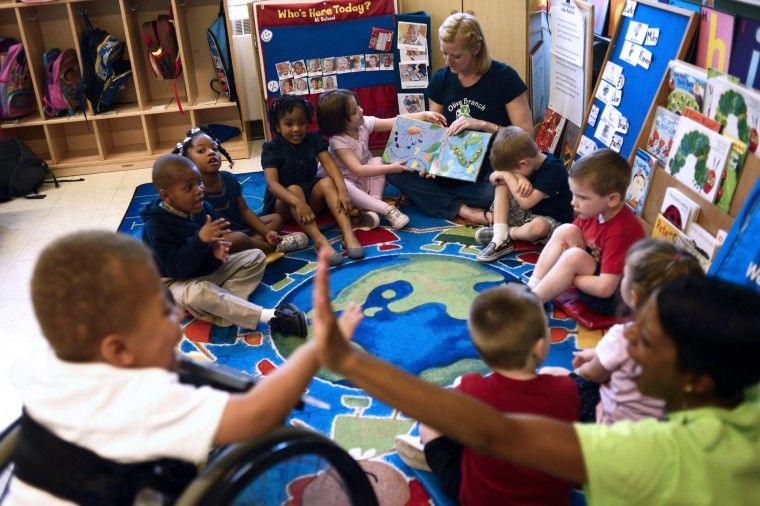 ........................... .......... 61
........................... .......... 61
Pastukhova D.A.
Helpline as a method of psychotherapeutic assistance.................................................. 66
Plusheva O.A.
The practice of supervision in the prevention of SEB
with Hotline consultants.................................................................... ............................................... 71
Chapter 3
DISTANCE LEARNING.. ................................................. ............... 76
Aismontas B.B.
On the creation of an interuniversity information and educational network of
vocational education institutions for the training of disabled people using electronic, information and communication educational technologies............................................ ...................... 76
Aismontas B.B., Cherepko S.E. Blake K .BUT.
Information technology for distance learning
persons with disabilities
in the UK: challenges and prospects. ........................................... .................................. 89
........................................... .................................. 89
Vorobieva A.N.
Peculiarities of the adaptive educational program in the field of study 03/37/01 – Psychology in the profile “Psychological assistance to the population using remote technologies” bachelor’s level 94
Grigorova T.V.
Discipline "Technologies and Methods of Self-Organization"
at the Faculty of Distance Learning MSUPE............................................................... ......... 110
Gurova E.V.
On the issue of the formation of information culture of students.................................0003
Dreneva V.V.
About the developing program "Psychology for schoolchildren"
in a remote format................................................. ................................................. 117
Ermolova E.V.
Mass involvement of persons with disabilities in musical culture
by teaching how to play the harmonica via the Internet.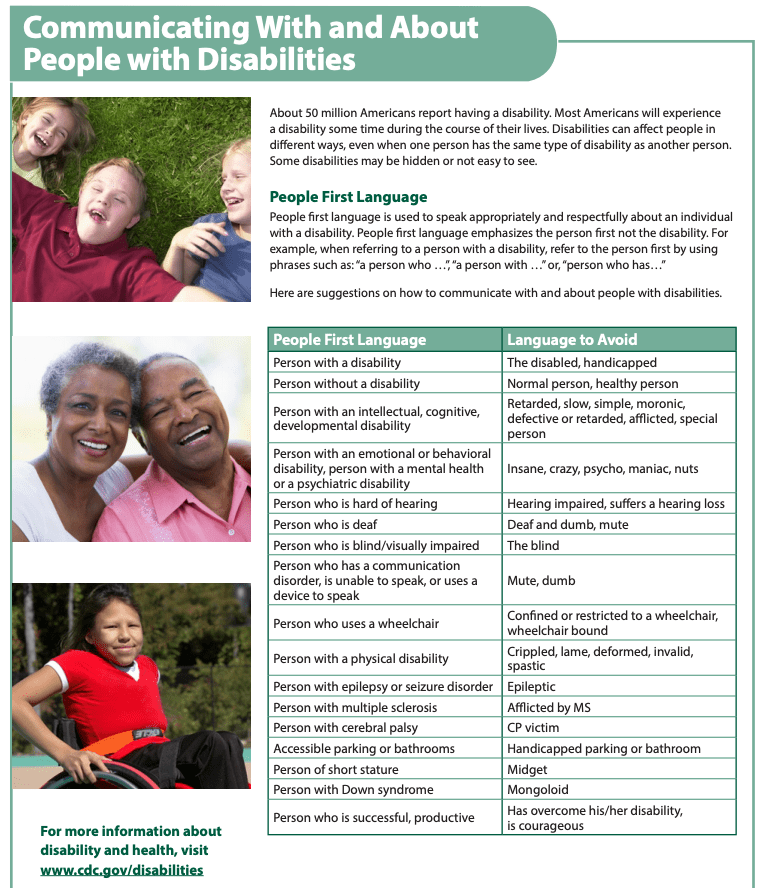 .......................................................... ........ 120
.......................................................... ........ 120
Ierusalimtseva O.V., Roshchina G.O., Cheshuina E.I.
Distance learning in the field of advanced training
teaching staff in the Yaroslavl region,
working with special needs children............................................... ............................................... 125
Ismailova ON THE.
Regional model of distance education
children with disabilities
and children with disabilities....................................................... ................................................. .............. 129
Kayasheva O.I., Khanova Z.G.
Course "Psychology of the family" in distance learning
students with special needs................................................................. .............................. 136
Mkrtchyan V.S., Petrova E.A., Yanchuk V.A. ., Aismontas B.B., Shmeleva S.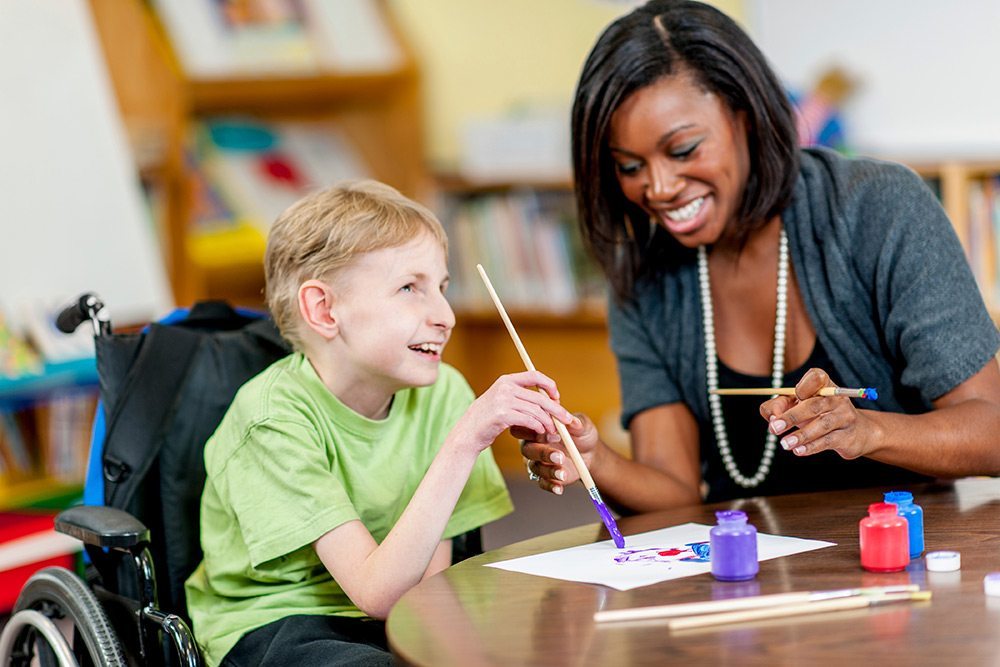 V.
V.
Improving the efficiency of using intelligent agents in the system of continuous education of people with disabilities 138
Pryazhnikova E.Yu., Ostrik A.A.
Cognitive technologies as a means of teaching, developing and shaping the maturity of the personality of students with disabilities 145
Organization of work on vocational guidance and professional adaptation of persons with disabilities and disabilities using
full-time and distance educational technologies:
experience of the Faculty of Psychology of the Russian State Social University......................... .............................................. 145
Tsygankova M.N.
The formation of subjectivity as a condition for the effectiveness of vocational counseling for students with disabilities in an inclusive education using Internet technologies 145
Chapter 4
INTERNET DEPENDENCE. .............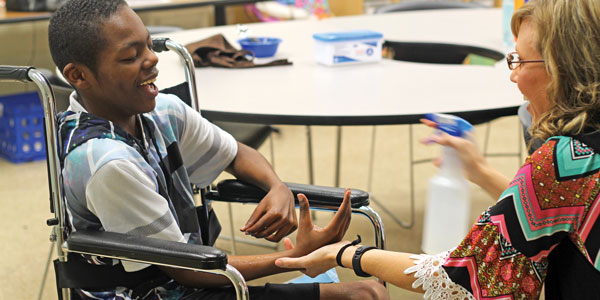 .................................... ...... 160
.................................... ...... 160
Barinova O.V., Shilova O.R., Milyuzina E.A.
Psychological characteristics of older adolescents who are prone to
to internet addiction............................................... ................................................. 160
Voiskunsky A.E., Mitina O.V.
Comparison of methods for diagnosing Internet addiction and assessing changes in psychological boundaries when using technical means............................................................ ................................................. .. 164
Dubova N.V.
Activity based approach to overcoming internet addiction
in children of the “risk group” .............................................. ............................................... 168
Zabolotskaya K.Yu.
Internet addiction, its psychological characteristics ............................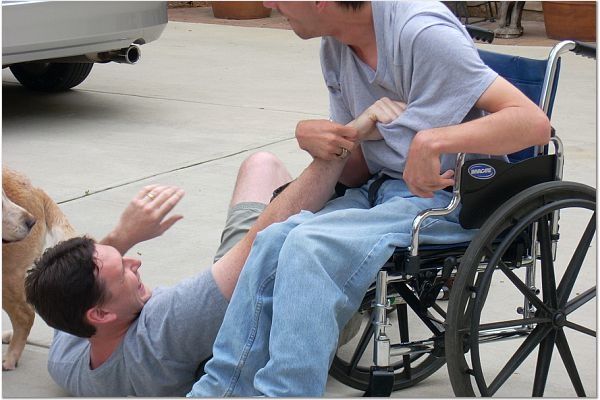 .................. 173
.................. 173
Psychological information security
as a condition for the development of personal maturity.
Internet Addiction Prevention .............................................................. .................... 176
Frolova S.V.
Peculiarities of coping behavior of Internet addicted students.......... 180
Chapter 5 .................................................. 185
Afanasova I. S.
age
with different levels of self-esteem .............................................. ................................. 185
Barinova O.V., Dzhabarova O.E.
Peculiarities of mental states of the period of maturity
in the strategies of psychological coping ............................................................... ................ 190
Vasilyeva A.A.
Actual problems of early psychological and social support of a child with special health abilities and his family
On the problem of infantilism of today's youth.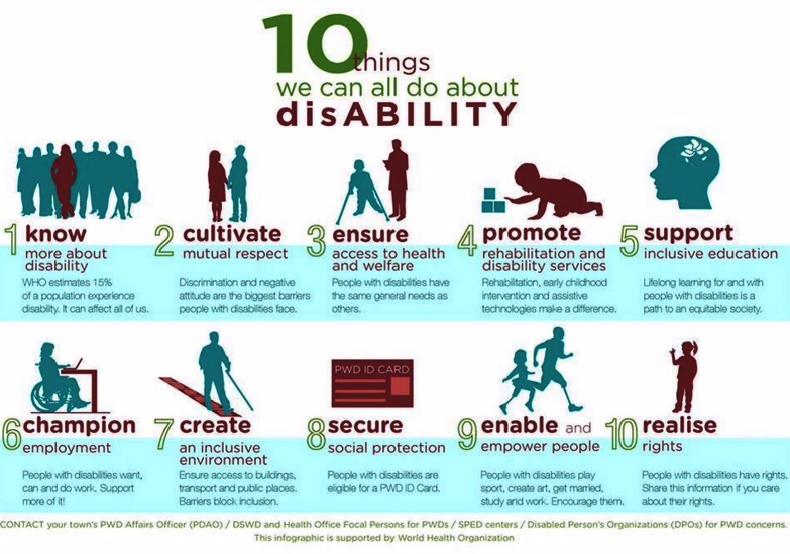 ................................................. 197
................................................. 197
Gurova E.V., Mitina S.G.
Correlation between the motivation to achieve success and aggressiveness
in athletes with disabilities.................................................................... ................................................. ...... 201
Zakharova N.L., Shlykova A.P.
Peculiarities of social perception of
persons with disabilities ............................................................... ......... 208
Kayasheva O.I.
Methods of integrative art therapy
in the system of providing psychological assistance
to people with disabilities .............................................................. ... 213
Moiseeva E.V.
Emotional intelligence of students-psychologists
with different levels of reflexivity........................................................... ............ ..................... 217
..................... 217
Odintsova M.A., Kovaleva E.L.
Strategies for coping with people with disabilities .................................................. ......... 221
Odintsova M.A., Ovcharenko V.D.
Overcoming behavior of students with different levels of resilience (on the example of people with congenital and acquired disabilities) ...................................................................... ................................................. .................... 225
Ovcharenko V.D.
Overcoming stress by students
with disabilities ............................................................... ............... 231
Odintsova M.A., Sadogurskaya I.A.
Peculiarities of experiencing loss of health
in people with traumatic spinal cord disease (TSSD) .................................................. 237
Odintsova M.A., Chistyakova T.S.
Self-actualization of people with disabilities . ............................................................. ............ 240
............................................................. ............ 240
Pryazhnikov P.N.
University student: thinking about professionalism ........................................................ 244
Rohol G., Zakharova N.L.
Problems of the formation of resilience in children
in the studies of Russian and German scientists.................................................... ........... 247
Trukhanova A.V.
Psychological support for families
raising children with developmental disabilities............................................................... ....... 249
Khizhnyak L.A.
Formation of conscious reading skills in primary school students
with a mild degree of mental retardation .............................................. .............. 253
Chapter 6
CYBER PSYCHOLOGY AND PSYCHOTHERAPY
USING VIRTUAL REALITY .......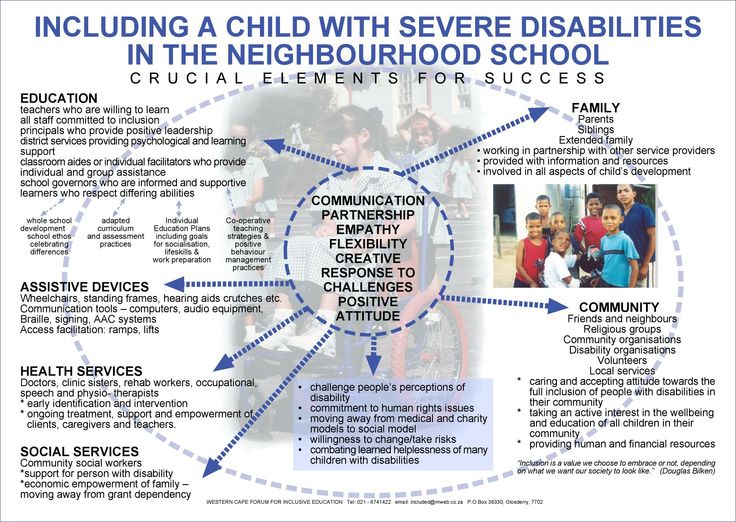
Learn more
